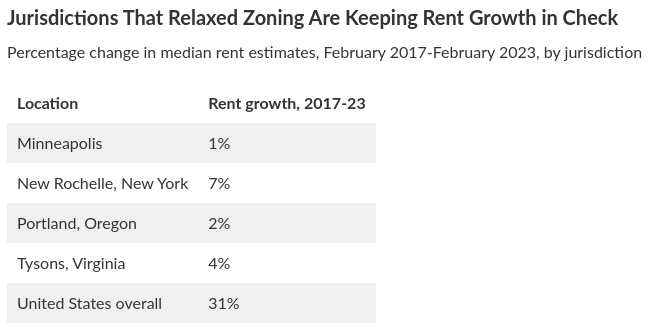how do you convince someone to stop fighting back so their enemy will stop punching them?
Heck, part of it is you have to convince people to stop treating others as a monolith. Even the language of “their enemy will stop punching them” implies the entire populace of Israel is one monolith united in oppressing the Palestinians and that the entire population of Palestine is one monolith united in actively fighting Israel.
People need to be able to take a step back and recognize that their enemies are not the common folk, the innocent civilians. Most people just want to live their lives. Only a small minority is ever actually actively engaged in the fighting, or the political decisions to continue fighting.
Israelis (at least those that support Netanyahu and the apartheid state) need to collectively realize that having an apartheid state is not “fighting back”; it’s just punishing 99% innocents. Likewise, Hamas needs to realize that mass murdering civilians is not “fighting back”; it’s just punishing 99% innocents. True fighting back requires actually finding the people responsible for harming you, not ascribing blame to rando civilians just because they happen to have been born on the same side of the border as your true enemies.






How do so few people in this comments section see the obvious satire?? It’s clearly making fun of both landlords and absurd tipping culture.